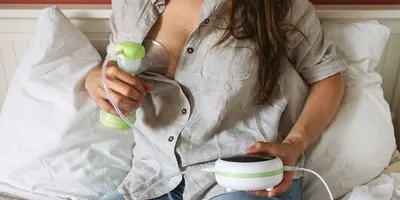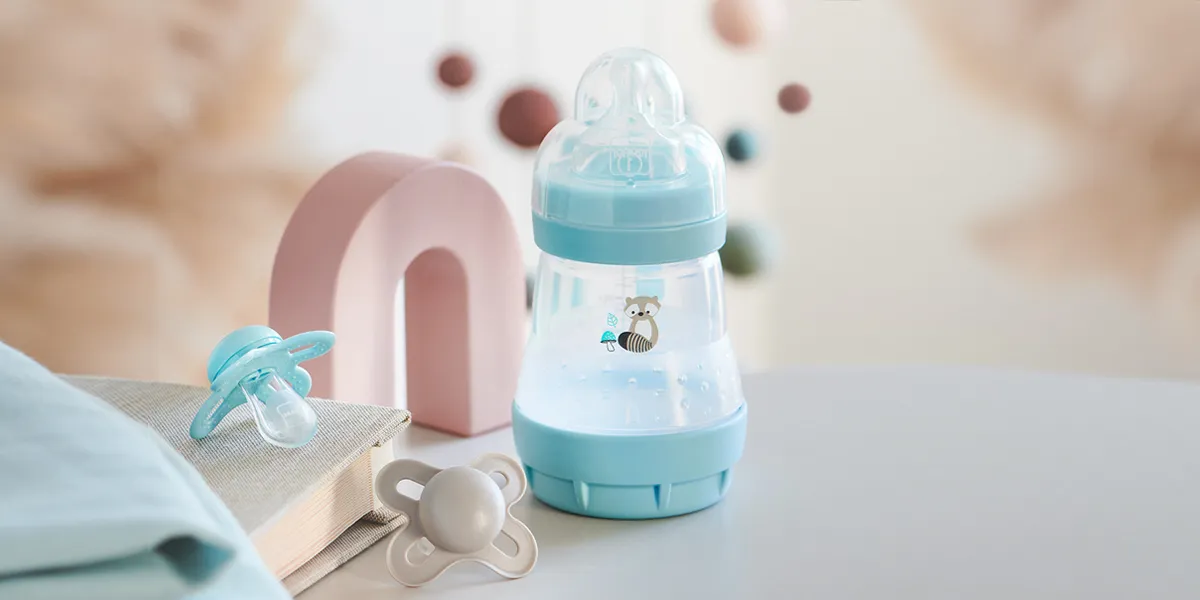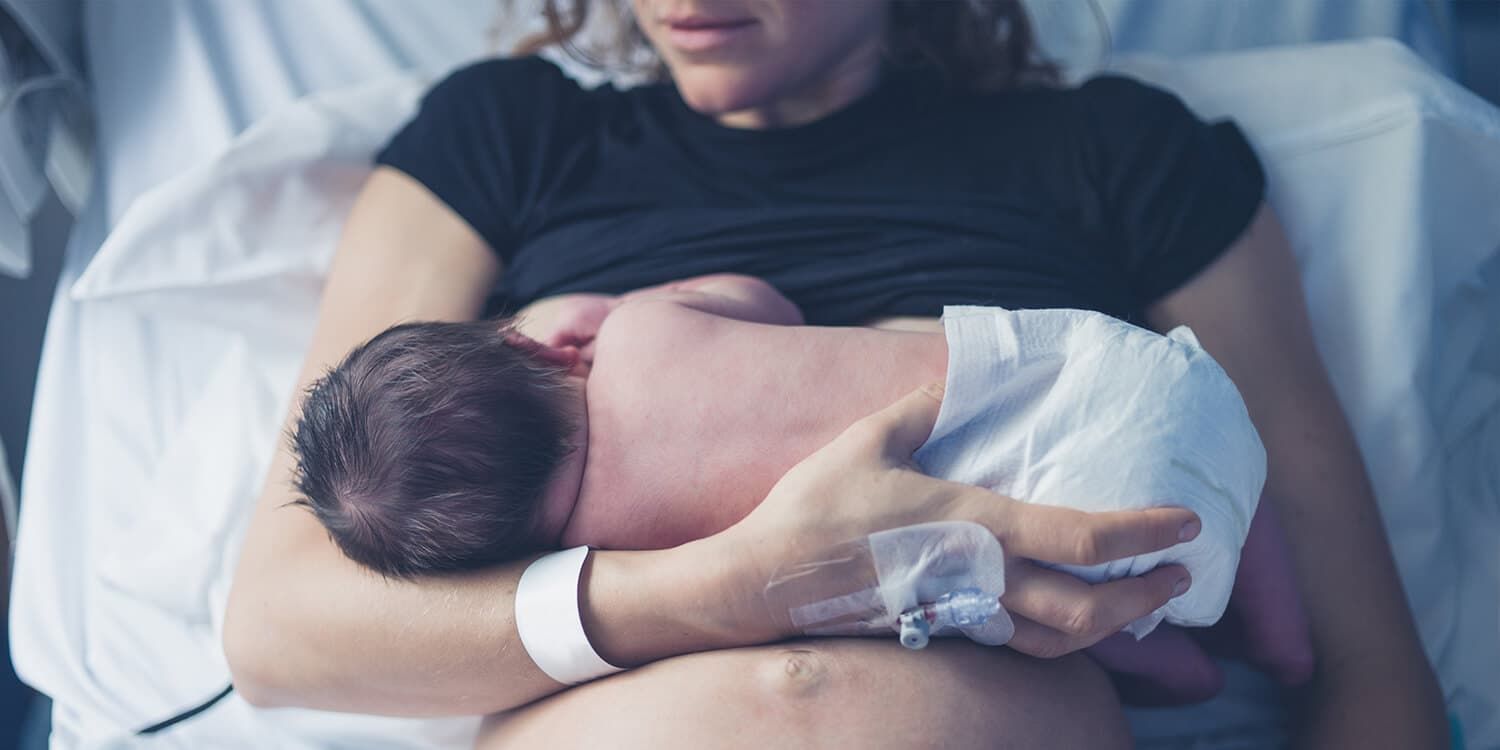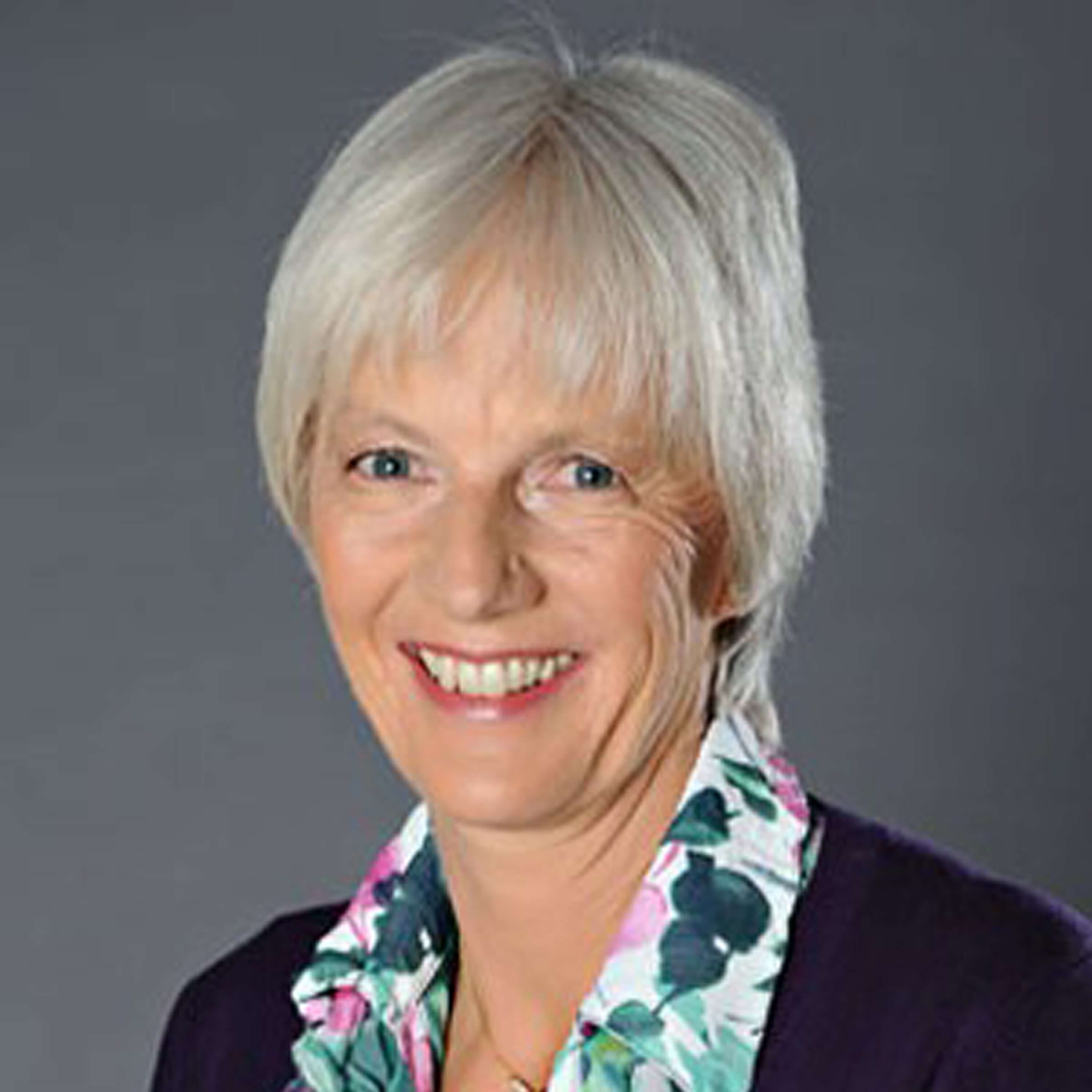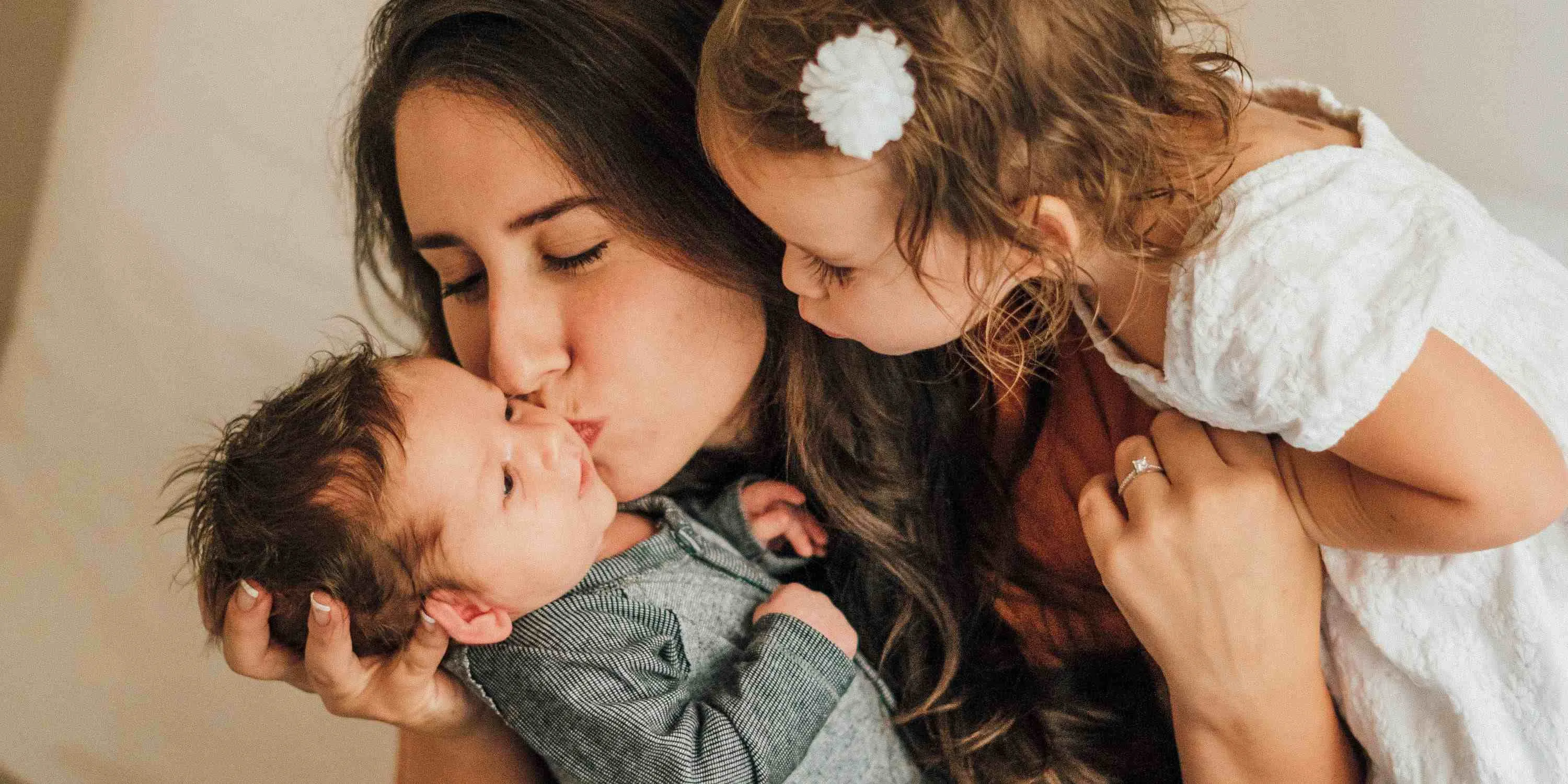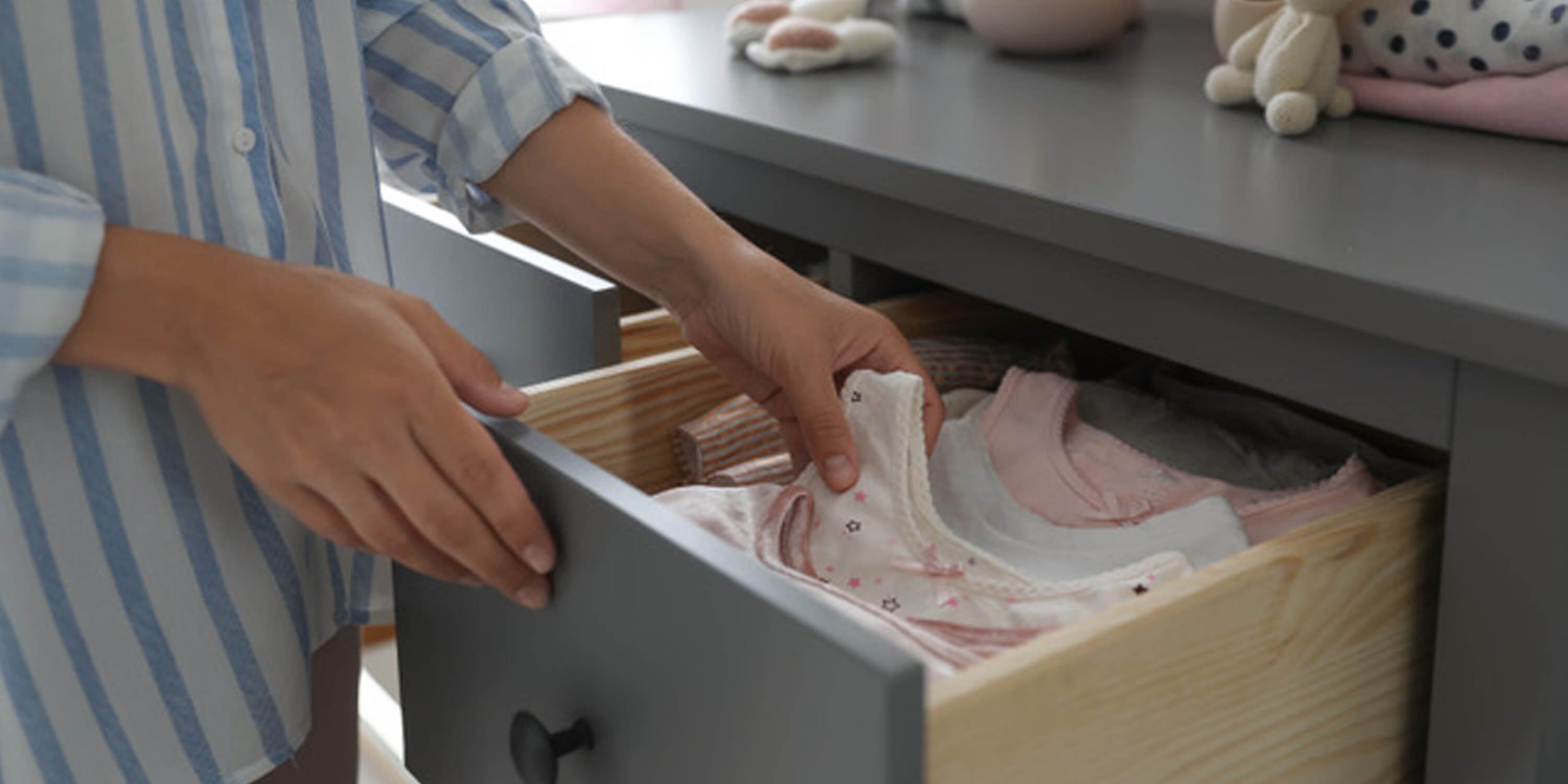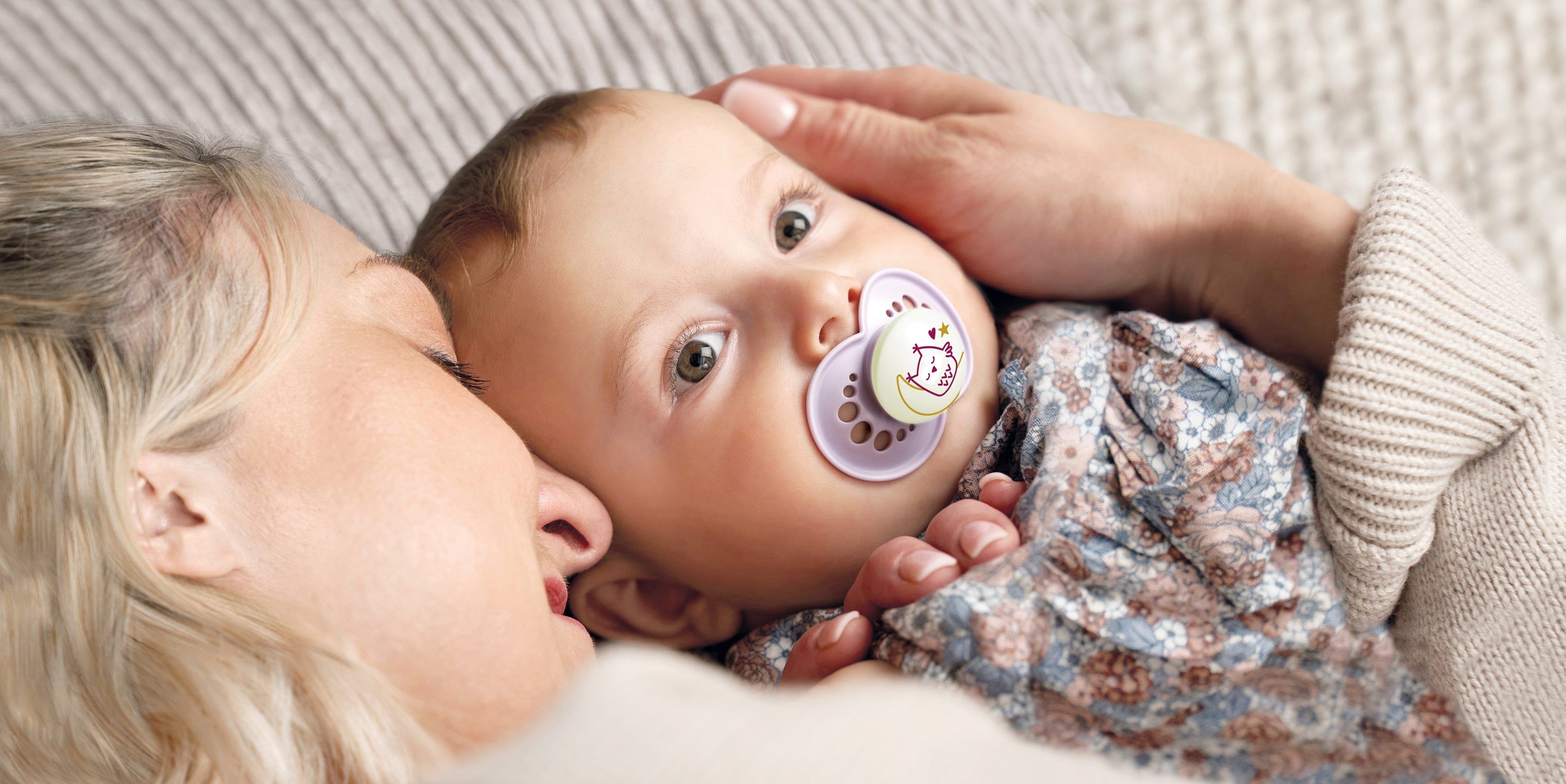After months of waiting, your baby has finally arrived. It’s an exciting time and there is so much parents need to get used to, including the changes that happen to the mother’s body after giving birth. MAM Expert Clare Byam-Cook, midwife and breastfeeding expert, shared her experience and expertise with us on a subject that concern all new mothers.
“The 6-8 week period after giving birth is referred to among professionals as the ‘puerperium’. This is really just a fancy word for the time during which your body gradually returns to its pre-pregnancy condition.”
How your body changes
Clare Byam-Cook explained that there are three main changes your body goes through during the puerperium period. The first is the contraction of the uterus (womb), which begins immediately after birth and should get back to its normal size in about six weeks. This process may cause you to experience ‘after pains’, especially when breastfeeding , but this is normal and nothing to worry about.
The second change is that you will have some blood loss from the uterus (known as lochia). This is initially bright red but gradually changes in amount and colour over the next 14-21 days. The third change concerns lactation: “Initially, breasts produce small amounts of very nutritious, high-calorie milk known as colostrum, with the regular milk starting to be produced after about 3-4 days. At this point, you may experience swollen and painful breasts, but this should settle down after a few days once breastfeeding is fully established.”
Good planning and preparation are a great idea
Clare Byam-Cook pointed out to us that this can be a stressful time for you. Good planning and preparation can help to alleviate stress and enable you to remain as relaxed as possible during the puerperium period. “It’s a good idea to get organized before the birth by stocking the freezer with plenty of pre-prepared meals or batches of home cooking, which will take the pressure off daily food preparation.” She also recommends getting in a good supply of baby essentials such as nappies and wipes, and learning how to operate any pieces of baby equipment that may be needed, such as a breast pump or sterilizer.

Regular check-ups after the birth
“Every new mother should be seen by a midwife at least once during the first 7-10 days after the birth. Depending on where you live, the midwife will either visit you at home or ask you to come to a local clinic.” These visits should be long enough for the midwife to examine both you and your baby to ensure that all is well. “She will check your temperature, pulse and blood pressure and note whether your uterus is contracting properly and that any stitches are healing well”, Clare continued.
The midwife will also ask general questions about blood loss, passing urine and bowel movements, and note whether you are generally looking healthy and happy. She will weigh your baby and discuss any feeding problems you may be experiencing, whether breast or bottle. She will also check for signs of jaundice or infection and carry out any routine tests that need to be done during this time.
Getting used to living with baby
Even experienced parents know that looking after a new baby can be tiring in the early days, especially if you haven’t done it before. Learning how to look after a new baby as well as coping with night feeds and endless nappy changes are just some of the challenges, so don’t try to do too much too soon. Clare has some sound advice: “Keep visitors to a minimum and ask others to take on non-essential tasks such as housework. Make sure that you are resting as much as possible, eating a healthy diet and drinking plenty of fluids, especially if you are breastfeeding.”
Staying calm and enjoying the experience
We asked Clare Byam-Cook for her thoughts on a good general approach to coping with the first couple of months after the birth: “Don’t expect to become an expert overnight and accept that having good days and bad days is to be expected and not a sign that you are doing a bad job. Don’t be afraid to ask for help if you are having breastfeeding or any other problems, and encourage your partner to help as much as possible. Most of all, take time to enjoy and bond with your lovely little baby!”
Photos: Shutterstock















